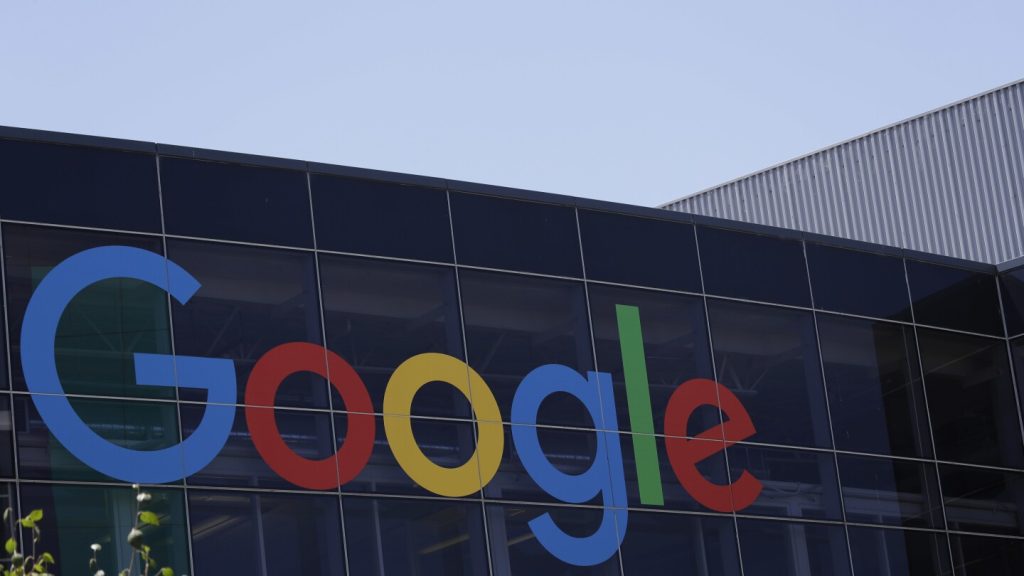A federal judge has delayed an order requiring Google to open up its Android app store to more competition until an appeals court decides whether to block the shake-up due to legal questions surrounding a jury’s verdict that branded Google as an illegal monopolist. The order, issued by U.S. District Judge James Donato, would have forced Google to make significant changes to its Play Store for Android smartphones, including making its library of over 2 million apps available to competitors. Google requested the stay until the Ninth Circuit Court of Appeals could review the trial that led to the verdict labeling the Play Store as an illegal monopoly that stifles innovation.
During a court hearing in San Francisco, Judge Donato expressed skepticism that Google could overturn the trial verdict, as it was supported by ample evidence of Google’s anti-competitive conduct. However, he decided to give the Ninth Circuit a chance to consider a postponement and mentioned that a longer delay could be imposed by the appeals court. Google welcomed the pause in the order and is looking to further extend the delay, stating that the remedies could threaten the Play Store’s ability to provide a safe and secure experience for millions of Android users and developers.
Epic Games, the company that filed antitrust claims against Google, described the stay as a procedural step and suggested that the Ninth Circuit’s decision on Google’s request for a permanent stay could take more than a year. In a previous case involving Apple, the Ninth Circuit delayed a provision of a federal judge’s order that required Apple to allow links to alternative payment systems within iPhone apps. Apple ultimately lost its appeal in the U.S. Supreme Court, but delaying the requirement allowed the company to maintain its exclusive control over payment systems and commissions generated through in-app purchases.
Google argued that implementing the required changes in its Play Store would be a “Herculean task” with potential risks to the Android ecosystem’s safety and security. The company also claimed that the shake-up would lead to unreasonable costs, which Judge Donato dismissed during the hearing, mentioning that the expenses incurred for Google would be minimal compared to the profits generated annually from the Play Store. The delay in implementing the order is seen as a strategic move by Google to maintain its current commission system and control over app distribution on Android phones amidst legal challenges.
The legal battle between Google and Epic Games, along with the broader implications for app store competition and consumer rights, continues to unfold in the appellate courts. The decision of the Ninth Circuit on whether to grant a permanent stay of Judge Donato’s order will shape the future landscape of app distribution on Android devices and may have ripple effects across the tech industry. As both parties make their case and await a final resolution, the fate of the Play Store and the power dynamics within the mobile app ecosystem hang in the balance.


